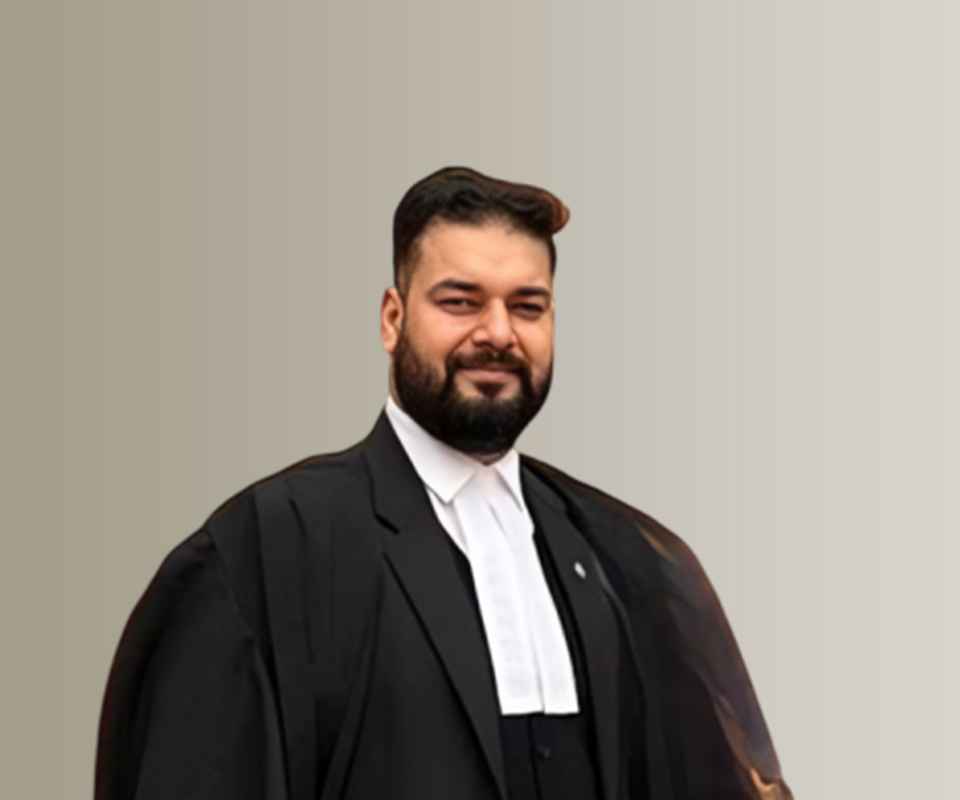Answer By law4u team
Constitution Of India Article 125: Salaries, Allowances, and Privileges of Judges
{1}(1) There shall be paid to the Judges of the Supreme Court such salaries as may be determined by Parliament by law and, until provision in that behalf is so made, such salaries as are specified in the Second Schedule.
(2) Every Judge shall be entitled to such privileges and allowances and to such rights in respect of leave of absence and pension as may from time to time be determined by or under law made by Parliament and, until so determined, to such privileges, allowances, and rights as are specified in the Second Schedule: Provided that neither the privileges nor the allowances of a Judge nor his rights in respect of leave of absence or pension shall be varied to his disadvantage after his appointment.
NOTE
{1} Subs. by the Constitution (Fifty-fourth Amendment) Act, 1986, s. 2, for cl. (1) (w.e.f. 1-4-1986).
Brief Detail
Article 125 of the Constitution of India ensures that judges of the Supreme Court receive salaries, allowances, and privileges as determined by Parliament. The article also guarantees that their rights related to leave and pension cannot be altered to their disadvantage after appointment.
Question & Answers
What does Article 125 of the Constitution guarantee to Supreme Court Judges?
Article 125 ensures that Supreme Court judges are paid salaries determined by Parliament and are entitled to privileges, allowances, and pension rights as specified by law. These rights cannot be reduced to their disadvantage after their appointment.
Can the privileges and allowances of a judge be altered after their appointment?
No, the privileges and allowances, including leave and pension rights, cannot be altered to the disadvantage of a judge after their appointment.
Example
In 1986, the Constitution (Fifty-fourth Amendment) Act revised the provisions of Article 125 to ensure clarity in the payment of salaries and allowances to judges.
Summary
Article 125 establishes the rights of Supreme Court judges concerning their salaries, allowances, privileges, and pension. It ensures that these entitlements are determined by Parliament and that they cannot be reduced after their appointment.







